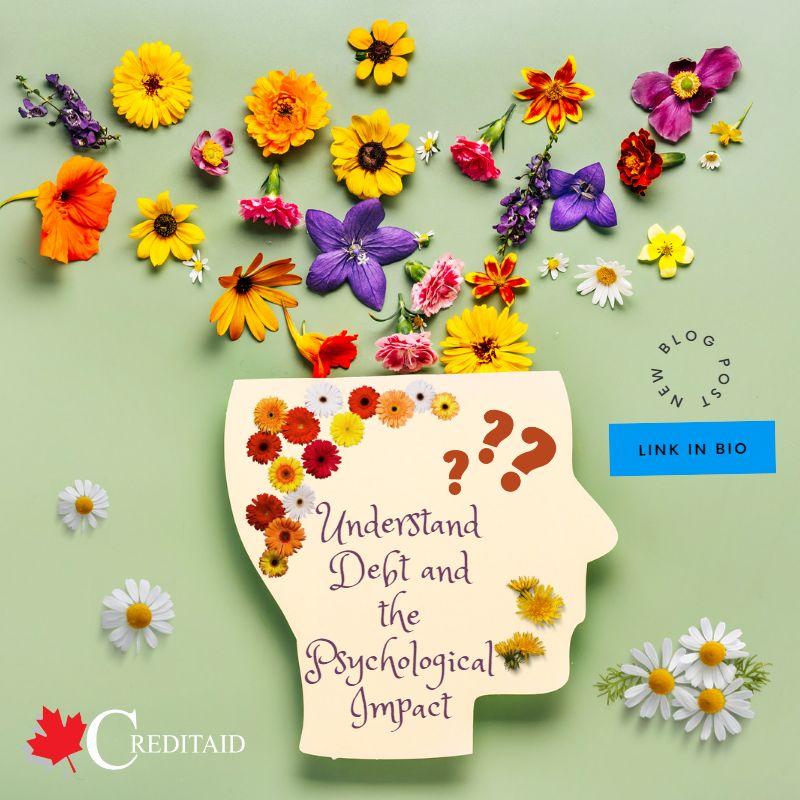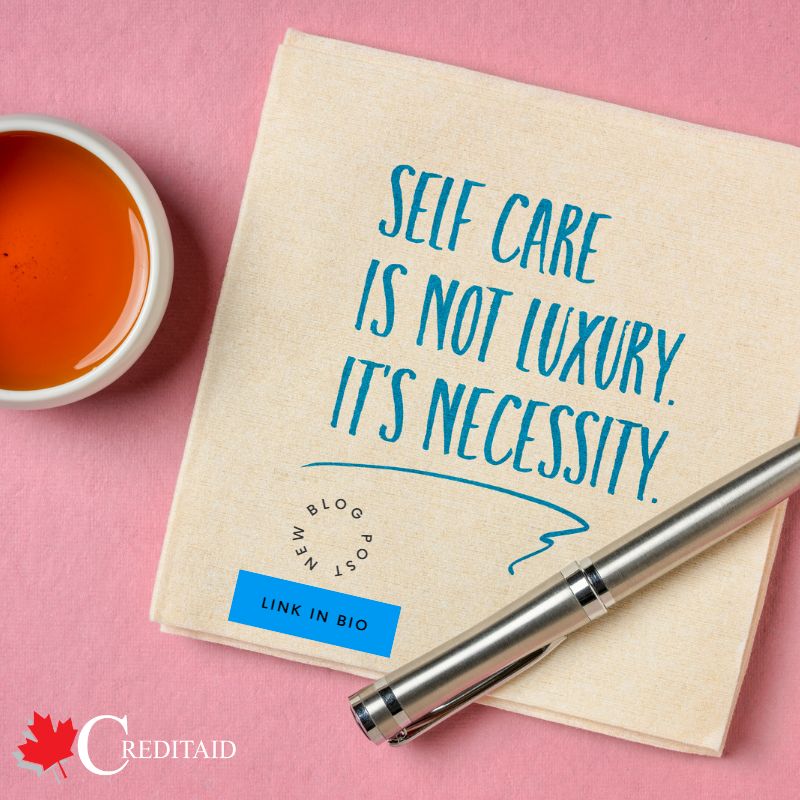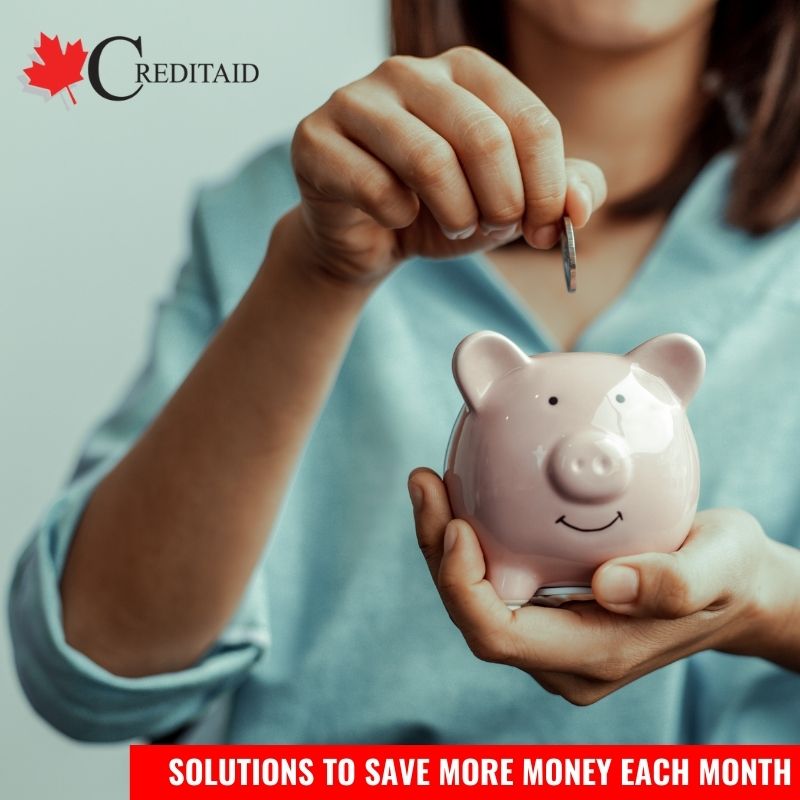Debt can be a heavy burden that weighs not only on our finances but also on our emotions. It is an issue that affects millions of people worldwide and has the potential to cause stress, anxiety, and even depression. However, by understanding the psychology behind debt and its emotional impact, we can take steps toward regaining control of our financial well-being. In this article, we will explore the psychological aspects of debt, provide insights into how it affects us emotionally, and offer guidance on seeking help from trusted experts like Creditaid to navigate the path to financial freedom.
The Emotional Toll of Debt:
Debt can have a profound impact on our mental well-being. The constant worry about bills, mounting interest, and the fear of falling deeper into debt can lead to a range of emotional responses. Here are some common emotions associated with debt:
- Stress and Anxiety: Financial stress caused by debt can create a constant state of worry and anxiety. The uncertainty of how to meet payments or the fear of bankruptcy can take a toll on our mental health.
- Guilt and Shame: Many individuals burdened by debt experience feelings of guilt and shame. They may blame themselves for the financial predicament they find themselves in, leading to a negative self-image and diminished self-esteem.
- Depression and Hopelessness: Debt can contribute to feelings of sadness, hopelessness, and even depression. The seemingly never-ending cycle of debt payments can make individuals feel trapped and unable to envision a better future.
- Relationship Strain: Debt-related stress can put significant strain on relationships. Arguments about money are common when facing financial difficulties, leading to tension, resentment, and a breakdown in communication.
Breaking the Cycle: Seeking Debt Help
Acknowledging the emotional impact of debt is the first step towards taking control of your financial situation. Remember, you are not alone, and there are resources available to help you overcome debt-related challenges.
At Creditaid, we understand the emotional aspects of debt and offer compassionate guidance to help individuals regain financial stability by providing personalized debt management plans, credit counselling, and solutions tailored to your unique circumstances.
If you are feeling overwhelmed by debt and its emotional toll, take the brave step of seeking help. Creditaid offers a free consultation to discuss your financial situation, understand your goals, and provide insights into potential solutions.
Contact us to book a free consultation with Creditaid. Our expert team will be in touch to schedule a time that works best for you. Remember, reaching out for support is a proactive choice toward reclaiming your financial well-being and emotional peace of mind. Remember, you deserve financial freedom and a brighter future. Take the first step towards regaining control by booking a free consultation with Creditaid today. Let us be your trusted ally on the path to financial well-being and emotional resilience.











